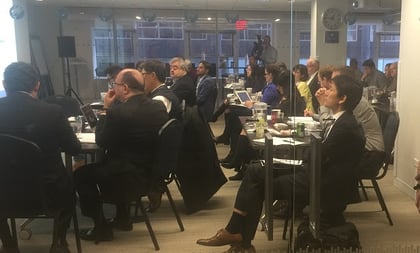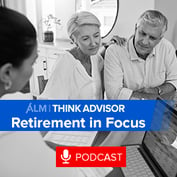Financial professionals who sell employee benefits may soon get a strange new economic boost: U.S. employers’ hunger to do something to find and keep good workers.
Economists talked about the threat of labor shortages today in New York, at a crowded Conference Board press briefing on the world economic outlook.
(Related: Small Business Owners Notice Human Resources)
The economists announced, to a room full of reporters from all around the world, that they expect the growth of global domestic product (GDP) to fall slightly in 2019, to 3.1%, from 3.2% this year.
The economists predicted that U.S. GDP growth will increase slightly, to 3.2% next year, from 3.1% this year.
The economists suggested that, for the United States, obstacles could include trade tensions and higher interest rates.
They noted several times that increases in labor costs, caused by factors such as general demographic trends, tougher immigration rules and higher minimum wage requirements, could also slow growth.
Employers around the world are already noticing tighter labor markets, and those labor constraints could become more visible next year, the economists said.
Employers are still having a hard time finding professional workers, and now they’re also struggling to find blue-collar workers, the economists added.
For financial professionals, those trends could translate into more demand for traditional group benefits products, as well as interesting new voluntary and worksite benefits ideas.
The Conference Board chief economist for North America, Gad Levanon, used retail as an example of the forces helping to strengthen demand for labor, even in the face of advances in technology.









 November 13, 2018 at 07:51 PM
November 13, 2018 at 07:51 PM









